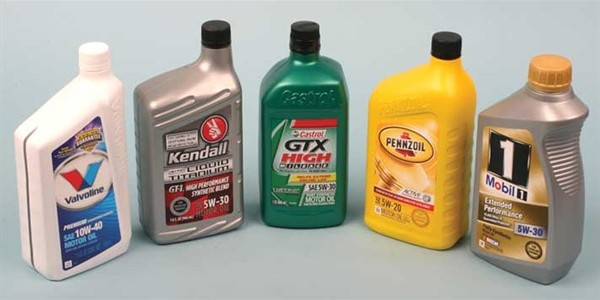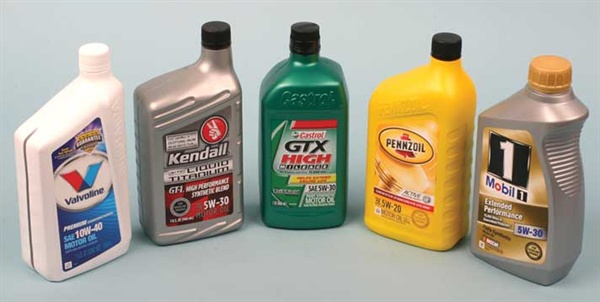

Which one is better for your new car, is it full synthetic oil or synthetic blend? Not knowing their differences, advantages and disadvantages may lead you to choose one that is not particularly appropriate for your car.
Know What is Applicable to Your Car
If you want to enjoy the full service of your car, you should listen to what it says. You will have an inkling of what your car wants if you will pore over its operator’s manual. You surely must have one which was provided by the car manufacturer when you first bought the car.
Even if you have purchased a used car and its operator’s manual is missing, you can still search the internet for a copy. There are a lot of websites centered on providing their customers a PDF download of the operator’s manual of almost every modern car running in our streets today. They are available for a reasonable fee.
What is Synthetic Blend Oil?
In basic terms, synthetic blend motor oil is created by mixing conventional motor oil and full synthetic oil. Usually, the amount of synthetic oil is less than the amount of conventional oil.
Most synthetic blends have around 10 per cent to 25 per cent of synthetic oil with conventional oil taking up all the rest of the contents. This type of oil was developed to produce motor oil that possesses some of the benefits of synthetic oil, with conventional oil as its primary component.
With this mixture, the lubricating and heat resistant properties of conventional oil are enhanced. However, this combination offers just a marginal improvement to the properties of conventional oil. It is still way below the attractive properties offered by full synthetic oil.
But its largest incentive is that it is cheaper than full synthetic oil. So, if you want motor oil with improved performance but is cheaper, then synthetic blend is your way to go.
The Nature of Full Synthetic Oil
Full synthetic oil is purely created inside the laboratory. It does not contain any natural component other than the chemical substances that were designed and developed inside the laboratory.
These types of oils can be rightly called ‘designer oils’ since everything that are in them are artificially created. Their components are specifically designed to efficiently hurdle the stressful conditions and damaging elements that conventional or regular motor oil cannot successfully overcome.
These oils were originally created for the use of aircraft engines because these types of engines need oils that won’t freeze when the airplane is flying in the cold levels of the atmosphere. They should also be heat resistant so that the airplane’s engine won’t get stuck if the airplane is out there in the open sunlight.
In time, its cost of production went down, enabling its use in all kinds of land vehicles and watercrafts. Today, full synthetic oils are available for all types of vehicles.
They are more effective in protecting engines of all types because of their ability to maintain high viscosity even at extremely low temperatures. It acts in the same way even in high temperature conditions. Therefore full synthetic oil enables the engine to function efficiently no matter what the weather conditions are.
The low temperature limits for full synthetic oil are between minus 40 degrees and minus 50 degrees. Conventional oil will have already frozen at those conditions. Full synthetic oil can also withstand a maximum of 400 degrees Fahrenheit.
The only negative thing that can be attributed to full synthetic oil is its very high price. It is almost double the price of conventional oil per liter. A can of synthetic oil containing one quart costs $7.74 while a can of standard oil containing the same amount costs only $4.24.
Which is Better?
It is quite clear from the foregoing information which oil is better. Full synthetic oil is the clear winner, hands down. You can ask a mechanic from Pep Boys or Firestone and you will get the same answer.
The reasons include:
- the excellent weather functionality of full synthetic blend oil which is only marginally present in synthetic blends.
- the marked improvement of the engine performance when full synthetic blend is used. There is only a marginal improvement in the engine’s performance if synthetic blend oil is used.
- the degree of engine protection is very high with the use of full synthetic oil, which is not seen when synthetic blend oil is used.
Overall, your engine will be better off with the use of full synthetic blend oil. Therefore, if you want to shift from using natural or conventional motor oil to synthetic oil, your best option is to go all the way.
Full synthetic oil will give you the best mileage, the best protection, and the best engine performance compared to that of synthetic blend oil.

No comments so far.
Be first to leave comment below.